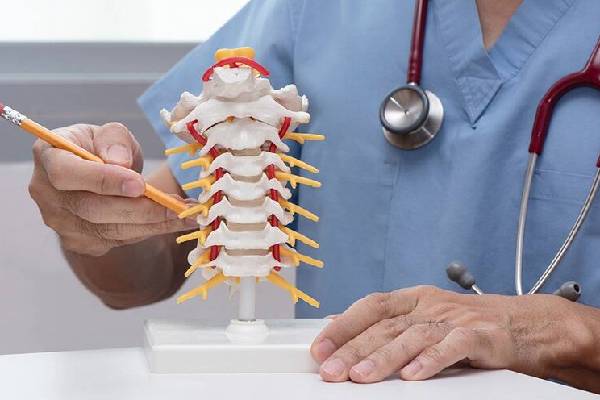In order to treat complex disorders affecting the brain, spinal cord, and nervous system, the fields of neurosurgery and spine specialization are essential. With the use of cutting-edge methods and tools, these professionals are qualified to identify and manage a variety of conditions, from brain tumors to herniated discs, guaranteeing the best possible outcomes for their patients.
The Role of Neurosurgery and Spine Specialists
Neurosurgery and spine specialists are medical professionals who focus on diagnosing and treating conditions related to the nervous system. Their expertise includes:
- Brain Disorders: Treatment of brain tumors, aneurysms, and traumatic brain injuries.
- Spinal Conditions: Management of herniated discs, scoliosis, and spinal stenosis.
- Nerve Issues: Addressing peripheral nerve disorders and neuropathies.
These specialists often collaborate with neurologists, physical therapists, and pain management experts to provide comprehensive care.
Common Conditions Treated
Neurosurgery and spine specialists manage a wide array of conditions, including:
Brain Conditions:
Brain Tumors: Surgical removal or management of malignant and benign tumors.
Hydrocephalus: Managing excess cerebrospinal fluid in the brain.
Traumatic Brain Injuries (TBI): Addressing injuries resulting from accidents or falls.
Spine Disorders:
Herniated Discs: Relieving pain caused by displaced spinal discs.
Spinal Stenosis: Treating the narrowing of the spinal canal.
Scoliosis: Correcting abnormal spine curvature.
Nervous System Disorders:
Carpal Tunnel Syndrome: Relieving nerve compression in the wrist.
Peripheral Neuropathy: Managing nerve damage in extremities.
Chiari Malformations: Correcting structural defects in the skull and brain.
Advanced Diagnostic Techniques
Neurosurgery and spine specialists use cutting-edge diagnostic tools to accurately identify conditions, including:
- Magnetic Resonance Imaging (MRI): High-resolution images of the brain and spine.
- Computed Tomography (CT) Scans: Detailed cross-sectional images.
- Electromyography (EMG): Assessing nerve and muscle function.
- Angiography: Visualizing blood flow in the brain.
These technologies enable early and precise diagnosis, which is critical for effective treatment.
Innovative Treatment Approaches
Modern neurosurgery and spine care have evolved significantly, with minimally invasive techniques becoming a standard practice. Key advancements include:
Minimally Invasive Spine Surgery (MISS): Reducing recovery time and surgical risks.
Stereotactic Radiosurgery: Non-invasive treatment for brain tumors and abnormalities.
Neurostimulation Devices: Managing chronic pain through electrical stimulation.
Robotic-Assisted Surgery: Enhancing precision during complex procedures.
Comprehensive Care Team
Patients benefit from a multidisciplinary team approach, including:
Neurosurgeons: Performing intricate brain and spine surgeries.
Pain Management Specialists: Addressing chronic pain through injections and therapies.
Rehabilitation Therapists: Guiding patients through recovery.
Oncologists: Collaborating on cancer-related neurological issues.
Preparing for Your Appointment
If you’re considering visiting a neurosurgery or spine specialist, preparation can improve your experience:
Document Symptoms: Note the frequency and severity of your symptoms.
Bring Medical Records: Include imaging results and past treatments.
Ask Questions: Inquire about treatment options, risks, and recovery expectations.
Follow Instructions: Adhere to pre-appointment guidelines, such as fasting for specific tests.
The Path to Recovery
Recovery from neurosurgery or spine treatment varies by individual and procedure. Common steps include:
- Physical Therapy: Restoring strength and mobility.
- Pain Management: Using medications and therapies to alleviate discomfort.
- Follow-Up Appointments: Monitoring progress and adjusting treatments.
Patients who actively participate in their recovery process often experience better outcomes.
Conclusion
When it comes to treating complicated neurological and spinal disorders, neurosurgery and spine specialists are at the forefront. Modern technologies and their experience guarantee that patients get the greatest care possible. These experts give many people throughout the world hope and healing, regardless of whether they are dealing with a brain tumour, spinal condition, or nerve problem.
